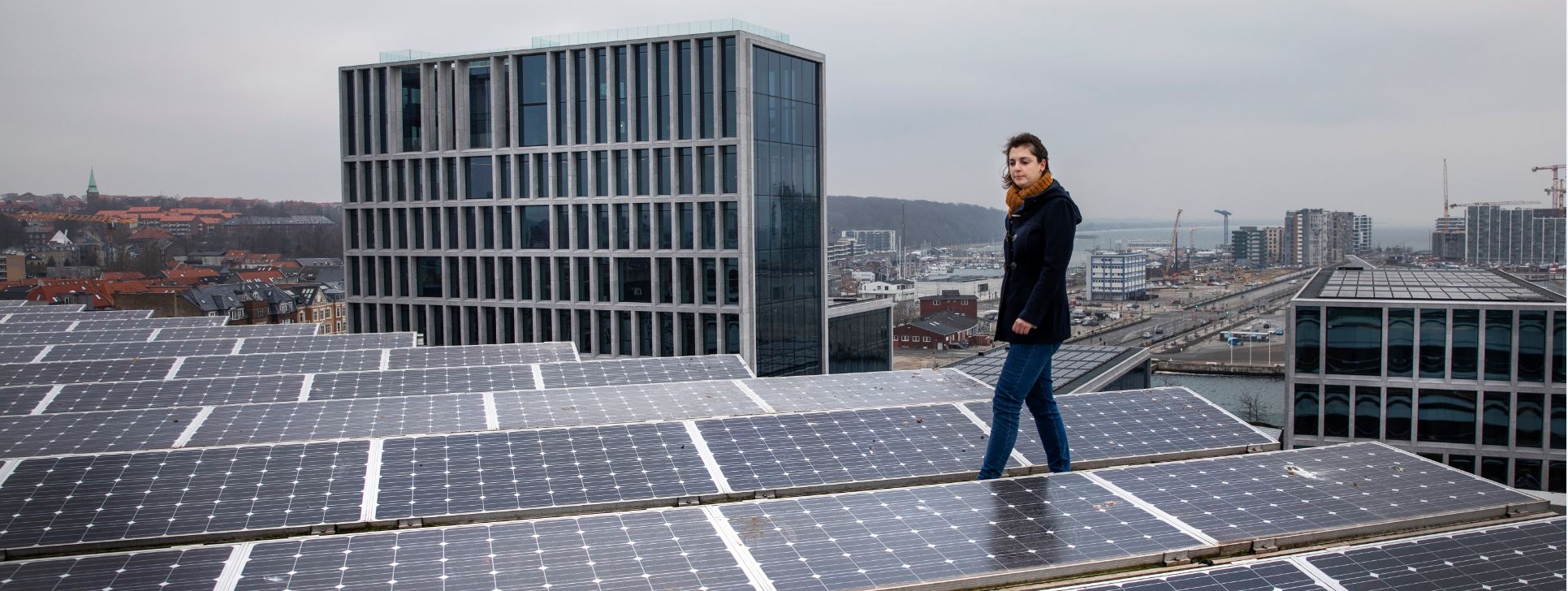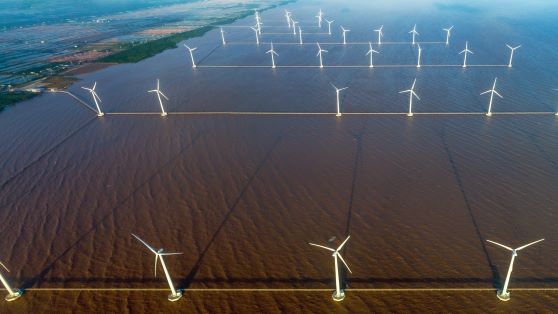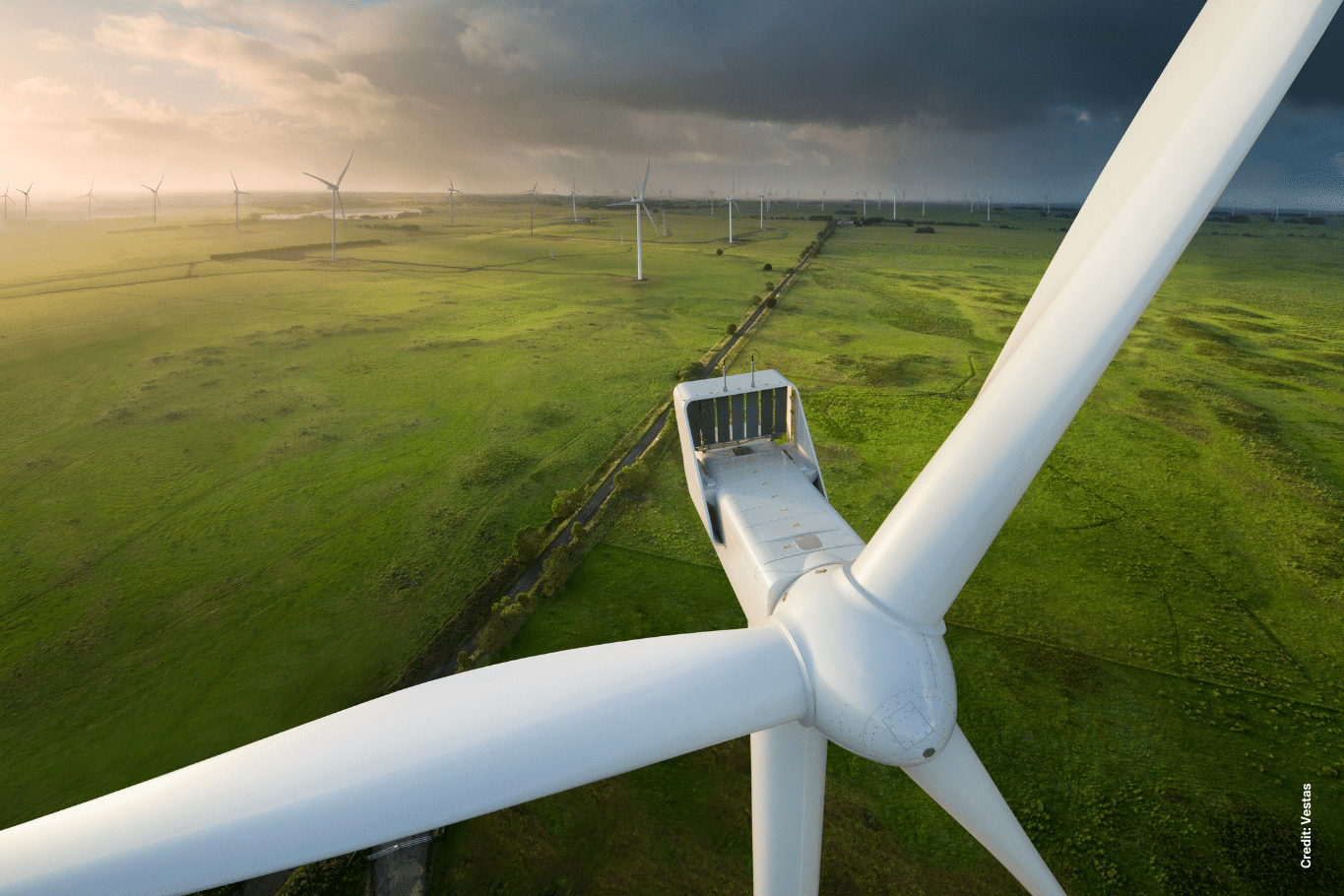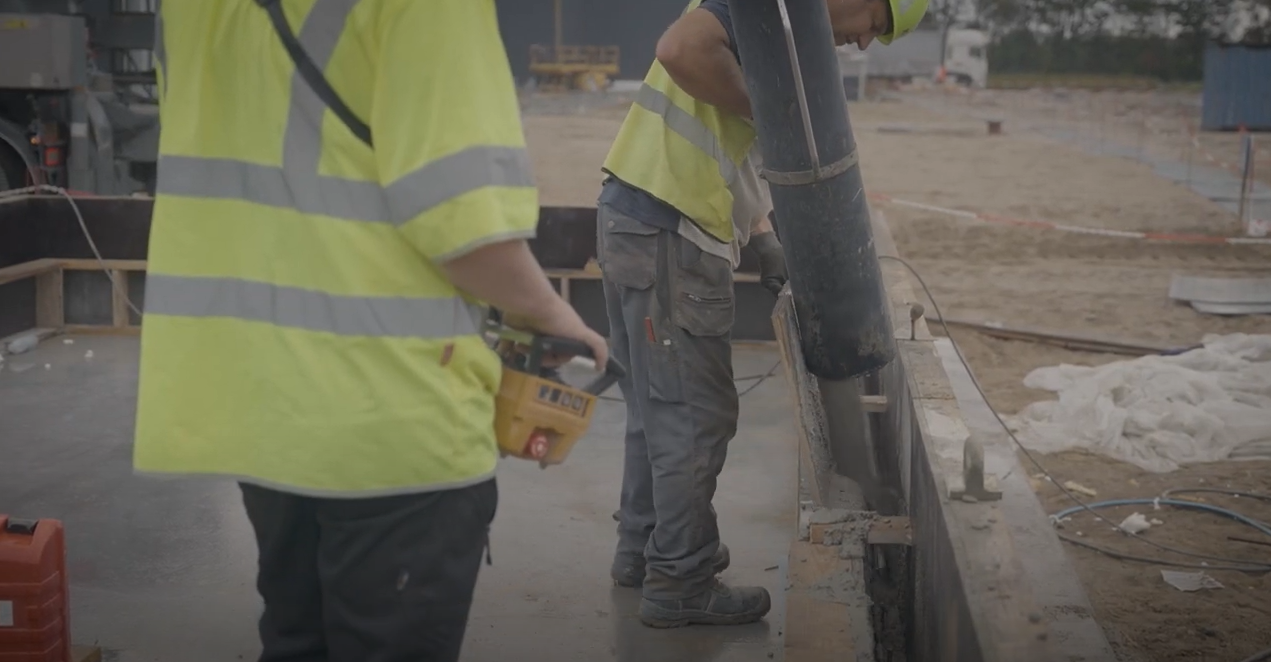News
Photovoltaics
Refrigeration is hot in Africa


In large parts of Africa, farmers and vendors are forced to look on while food rots away before it reaches the consumer.
Dr Jane Ambuko is an expert in African farming and a researcher from AGRA. She explains that the wastage of fruit and vegetables post-harvest is estimated at 40-50% and in some cases as much as 80% in Africa.
“The shortage of good storage facilities and technology is a very important reason for the large post-harvest waste,” says Dr Jane Ambuko.
Billions for refrigeration in Sub-Saharan Africa
In order to combat the large amount of food waste that results from lack of refrigeration and storage facilities, the World Economic Forum Africa 2016 launched a new public-private sector initiative to invest USD 2 billion in cold storage in Sub-Saharan Africa over the next ten years.
UniCool A/S from Denmark has developed and supplied a digitally controlled
cold store to a village in Uganda.
The aim of the initiative is to reach 15 million farmers in the next decade which is expected to have an effect on the food supplied to up to 100 million people. This is where opportunities lie for Danish businesses.
“This is just one of several investments in refrigeration and storage we have in the pipeline. This is an area that the African Development Bank, among others, has focused on and it is a field in which Danish businesses have strong skills,” says Jesper Friis, the Confederation of Danish Industry’s regional manager in Tanzania.
Refrigeration facilities to start in villages
According to the Food and Agriculture Organisation of the United Nations, the food wasted in Sub-Saharan Africa would be able to feed up to 300 million people.
One of the Danish businesses that has taken advantage of the opportunities opened up by the new initiative is UniCool which has just completed a project in Uganda. The company has developed and supplied a digitally controlled cold store which runs 100% on solar energy.
- Read more about: Photovoltaics
“The development of cold stores has to start at village level where small and medium-sized farmers can supply their product. Tanzania is seeing food waste of up to 75% because the food starts to rot in transit before it even reaches the markets,” explains Ole Hoffmann Hansen, managing director of UniCool.
The company’s cold stores are scalable and can be used for everything from the storage of food and medicine to bodies in the event of a natural disaster.
Local contacts are vital
For 25 years, CT-technologies has worked with cold stores for the storage of food in developing countries. On the basis of good experiences in the West African market, CT-technologies wants to expand into Ethiopia and Kenya over the next two years.
“The first thing businesses need to do is to establish contact with a potential local partner who will be able to help them enter the market. It is always the locals who have the best knowledge of local conditions and the important contacts. We have made those contacts through previous delegations to these countries,” explains Business Development Manager Beway Bakir from CT-technologies.
According to Jesper Friis, the Confederation of Danish Industry’s regional manager in Tanzania, many Danish businesses could do worse than follow the example of CT-technologies.
“Many African markets are growing and there is an increasing awareness of the need for quality products both among the growing middle classes, but especially among companies already working in the region,” says Jesper Friis.
According to Friis, Danish companies possess many of the skills required.
“But if we are to take advantage of these opportunities, we have to get down here and look at what is happening. Doing business in Africa requires local presence and networks. You cannot gain this understanding by sitting at your desk in Copenhagen or Vejle,” says Jesper Friis.
Facts
- The Confederation of Danish Industry in Africa
- The Confederation of Danish Industry has a network focusing on Africa
- This network provides information on market developments, export assistance and participation in commercial delegations. Delegations give Danish businesses the chance to present their products, meet local representatives and learn about the African market.
- At the beginning of October, a delegation will be visiting Tanzania to focus on energy and food technology and at the end of October another delegation will be travelling to Mozambique where discussions will revolve around the African market as a whole.
For more information, please contact:
Jesper Friis
Direct: +45 3377 3969
Mobile: +255 685 340 758
E-mail: [email protected]
You should consider reading
solutions
Carbon capture, storage and utilisation
+13















